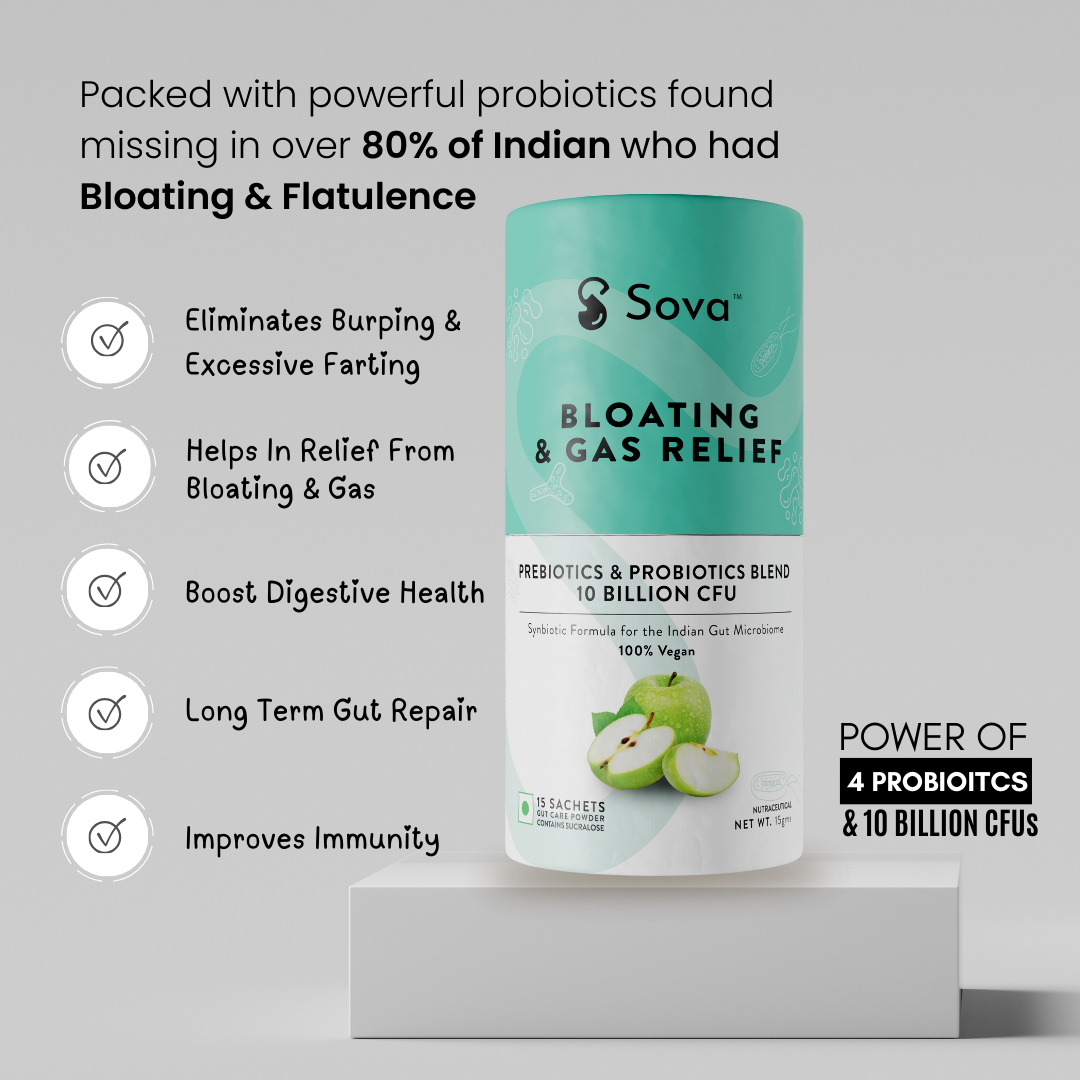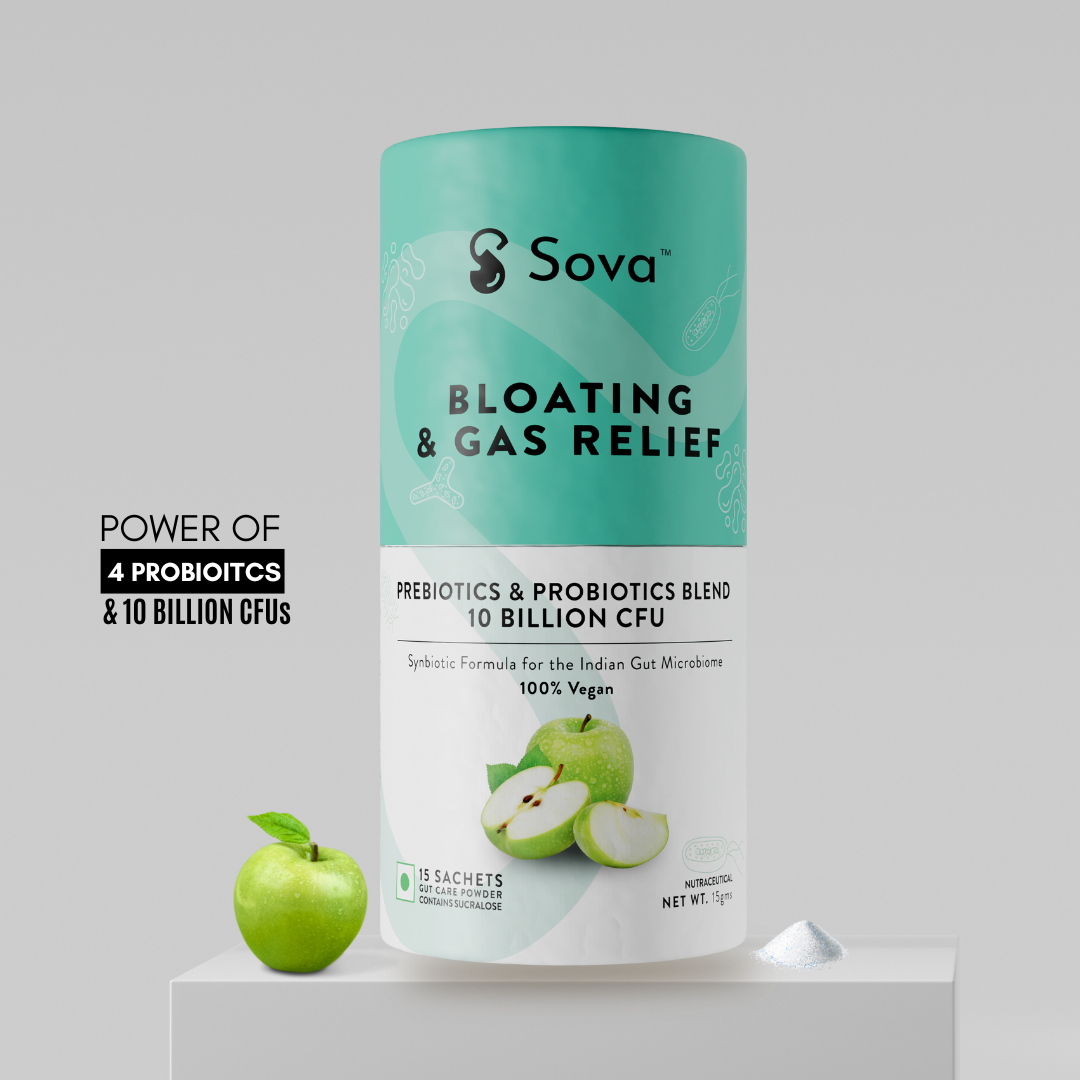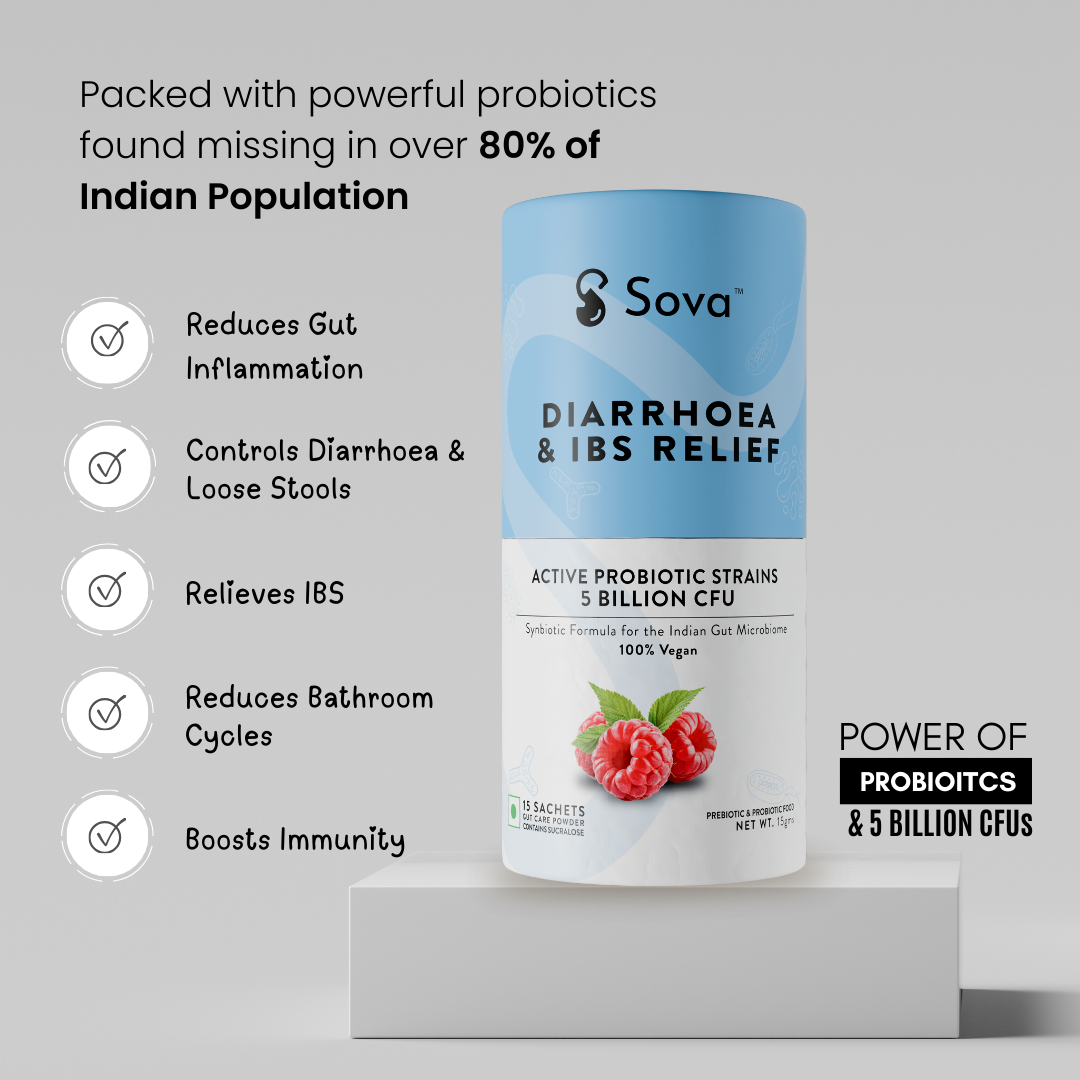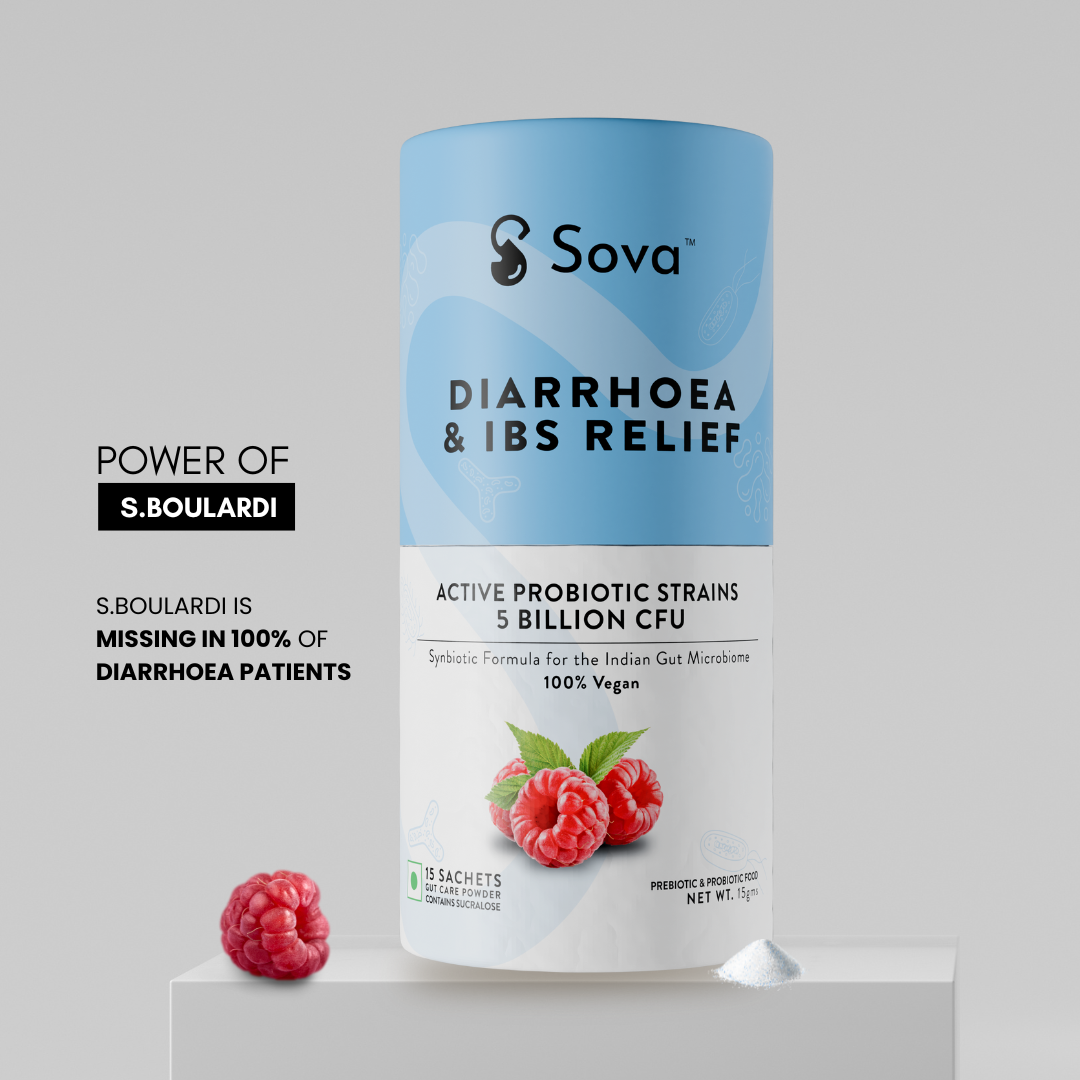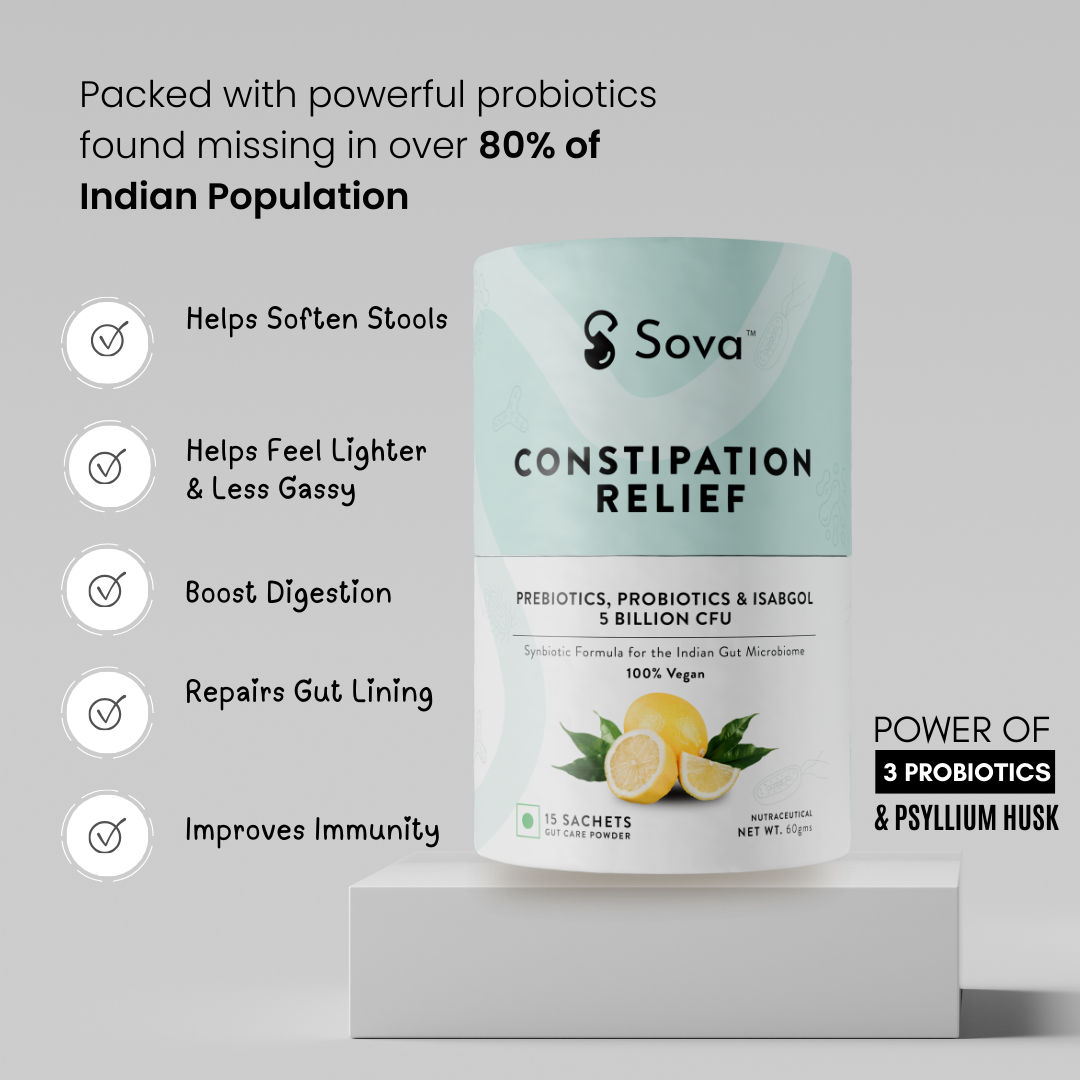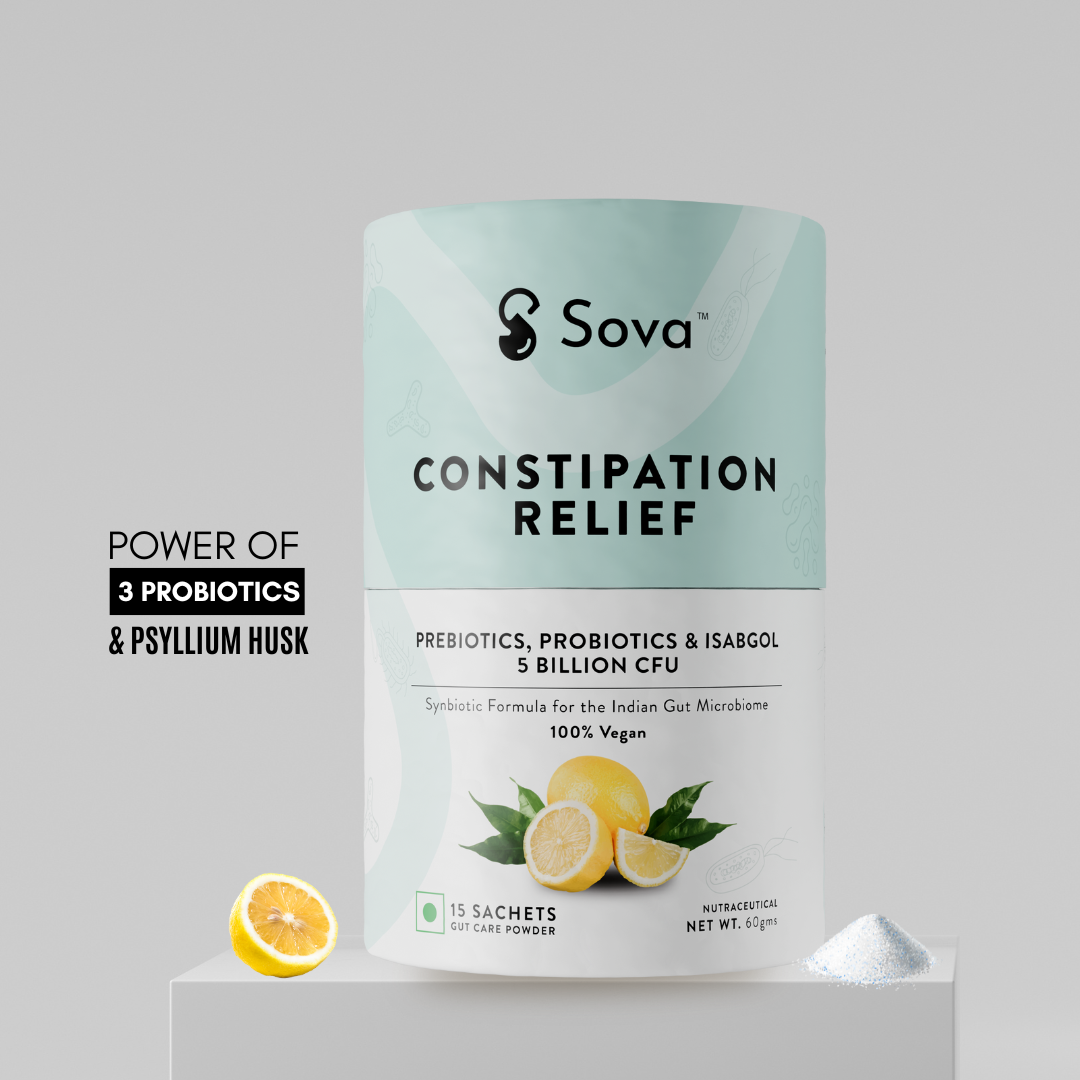What Are Gut Feelings?
Gut senses are the instinctual senses guiding people through life's difficult choices. But are they actually based on intuition or on something more? Current studies show that the gut and the brain are tightly interconnected, often referred to as the "gut-brain axis." This makes it true that the state of one's gut can literally impact mental states, emotions, and decisions.
And the reason so many people entrust gut senses: it lies in the gut microbiome, a really complex ecological system of a few trillion bacteria and various microorganisms located inside the gut. This microbiota works for you to digest foods, activate the immune response, or even modulate mood. In short, when someone "trusts his guts," he actually responds to signals from their gut microbiota.
Understanding the Gut Microbiome: It Is More Than Just Digestion
The gut microbiome is one of the most complex ecosystems in the human body. It contains bacteria, fungi, viruses, and other microbes that have evolved alongside us. A healthy gut microbiome promotes digestion, but its functions are much more than that - it breaks down food, supports the immune system, and even influences mental well-being.
Gut Feelings and Emotional Health
Several studies have already demonstrated that there is a very strong relationship between the gut microbiome and mental well-being. Serotonin is the neurotransmitter most directly linked to mood, though it's mainly produced in the gut. The flora of our microbiome determines how much serotonin is made and affects how we may feel happy, anxious, and stressed. Essentially, when we feel some gut senses, there may be direct communication from our gut microbiome to our brains.
Physical Health and Immunity
The gut microbiome also supports the health of our immune system. Seventy percent of immune cells are located in the gut, where they encounter the bacteria of the microbiome. A healthy microbiome encourages immune strength, where the body can fight against illness. Disruptions to this microbiome have been linked to a range of diseases, from autoimmune disorders to allergies.
Metabolism and Weight Management
The gut microbiome also affects weight and metabolism. Some bacteria have an increased ability to extract calories over others; an imbalance of gut microbiota might thus explain excess weight. This is another reason why trust in gut feelings is not emotional in need—it is the need to listen to what the body requires for good health.
Take a gut microbiome test today!
Why Are People Now Trusting Their Gut Feelings?
With this increase in realization of the connectivity between the gut and brain, people begin to have a feeling that gut senses might be reliable predictors of wellness. "Trust your gut," which used to just be that, is becoming fast more than just a saying: it's being more of a science-based avenue to understanding why you do feel the way you do physically and mentally.
This new trust actually changes lifestyles—from diet to stress management—many find this. More and more are turning to the signals in order to learn more about themselves and their well-being. As people seek more ways to tap into these signals, tools like the gut microbiome test are emerging as powerful ways of taking "trusting your gut" to a whole new level. It will shine light on what makes up your microbiome and assist in identifying areas of imbalance that may be influencing both your mental and physical health.
Introducing the Gut Microbiome Test
The gut microbiome test is a study of microbes in your gut and taking a snapshot of your unique microbiome. In this process, you are shown the microbial composition of your gut, and therefore, you see which bacteria are present and in what amount. This is where you may wish to intervene and possibly fine-tune your microbiome for improved health outcomes.
How Does It Work?
It would involve stool sampling and a gut microbiome test for the purpose of identifying different kinds of bacteria present and their quantities. It would give you information on beneficial as well as harmful bacteria; thus, you can recognize imbalances so that you can start to take the steps to balance your microbiome.
You will find out a detailed breakdown of the bacteria found in your gut and how those may affect your health. In this respect, you may learn about inflammation-related bacteria that might have put a strain on your gut, making it uncomfortable and stressed.
Based on results, this test can bring you personalized recommendations about diet, lifestyle, and even supplements to support your microbiome. This will give you the chance to adjust directly and affect your gut health, improve digestion, energy, and even mood.
The gut microbiome is dynamic, and retesting can help monitor how things change over time. Consistent monitoring of your microbiome will help you see the impact of changes in diet or lifestyle on your gut and, subsequently, your overall health.
Also Read: Gut Microbiome Test for Acne | Fix Acne & Skin Related Concerns
What You Can Do to Promote Gut Health?

Even though a gut microbiome test can give you the best insights, there are various steps you can take on a daily basis to promote a healthy microbiome.
Eat a Diverse Diet
A variety of fruits, vegetables, and fiber-rich foods support a diverse gut microbiome. These foods feed good bacteria, which contribute to your overall gut health.
Include Probiotics and Prebiotics
The good bacteria are introduced with probiotics, while foods containing prebiotics are eaten- those like garlic and onions for adults, or bananas, which are perfect for infants. Together they ensure there is a perfect mix that balances the good microbes of your body.
Balance Your Gut Bacteria Through Management of Stress
Long periods of stress reduce good bacteria in your gut, contributing to several problems in both gut health and mental condition. There is a lot of mediation that you can apply and more exercises, the practice of mindful eating may keep stress under control.
Limit Processed Foods and Sugar
High sugar content and high-processed food can cause the balance of microbiome imbalance.Cut out the ingestion of these foods, and there will be a balanced condition in your gut.
Keep Yourself Hydrated
Drinking enough water has also been linked to supporting your inner gut lining for effective digestion while keeping healthy a good digestive system for gut function with a microbiome. Hydrate and keep it working in great shape.
Conclusion
Your gut feelings are much more than simply intuition; they reflect deep signals of what's really going on in your health. When you tap into these feelings and become proactive, you'll enhance the well-being both within the body and within your mental state. Utilizing some tools, like a test for the gut microbiome, can enable you to understand what's happening within your body, giving you actionable steps towards improvement of the quality of your life.
Ready to trust your gut and discover what your microbiome is telling you? Visit Sova.health to learn more about their comprehensive gut microbiome test and start your journey toward better health today!

